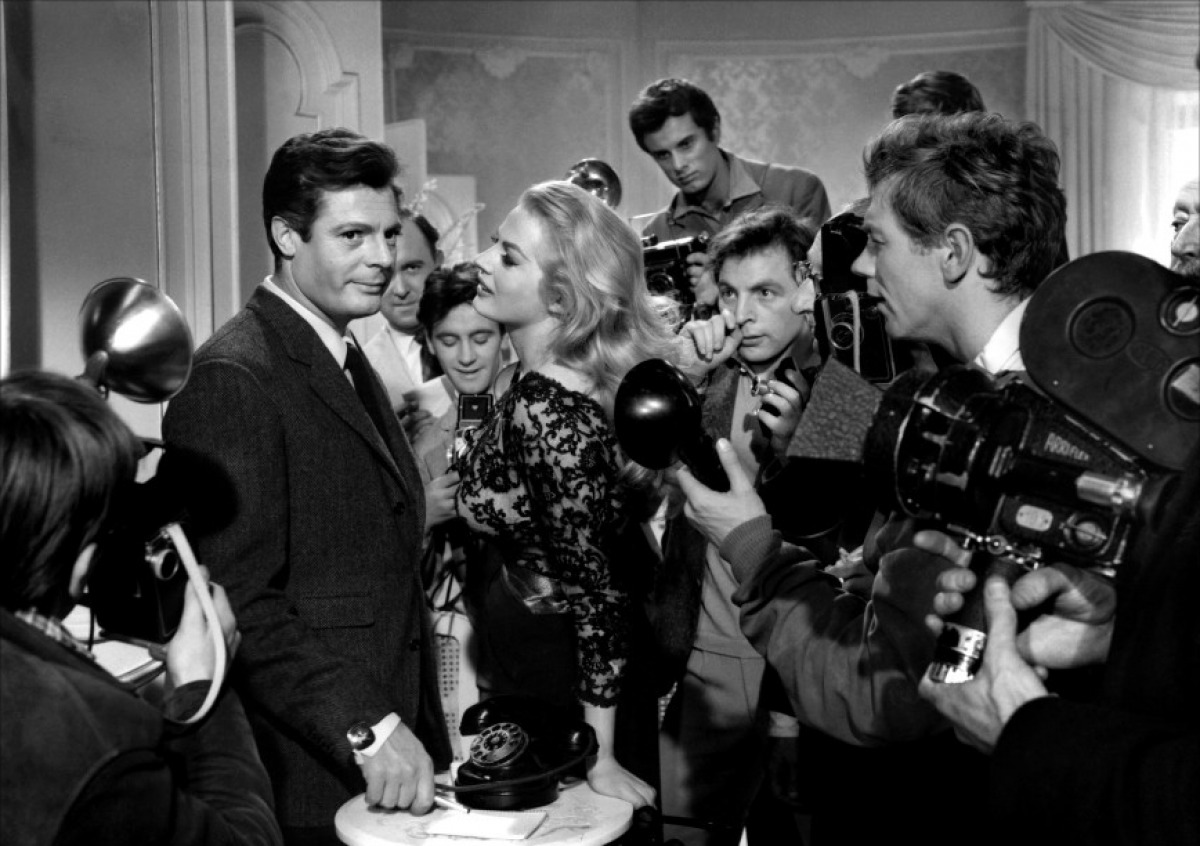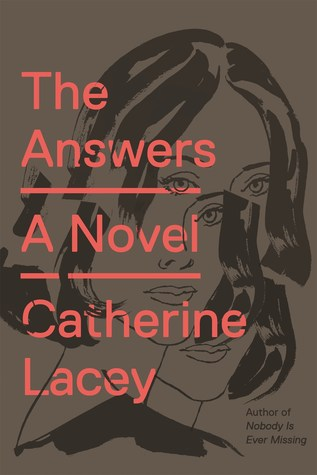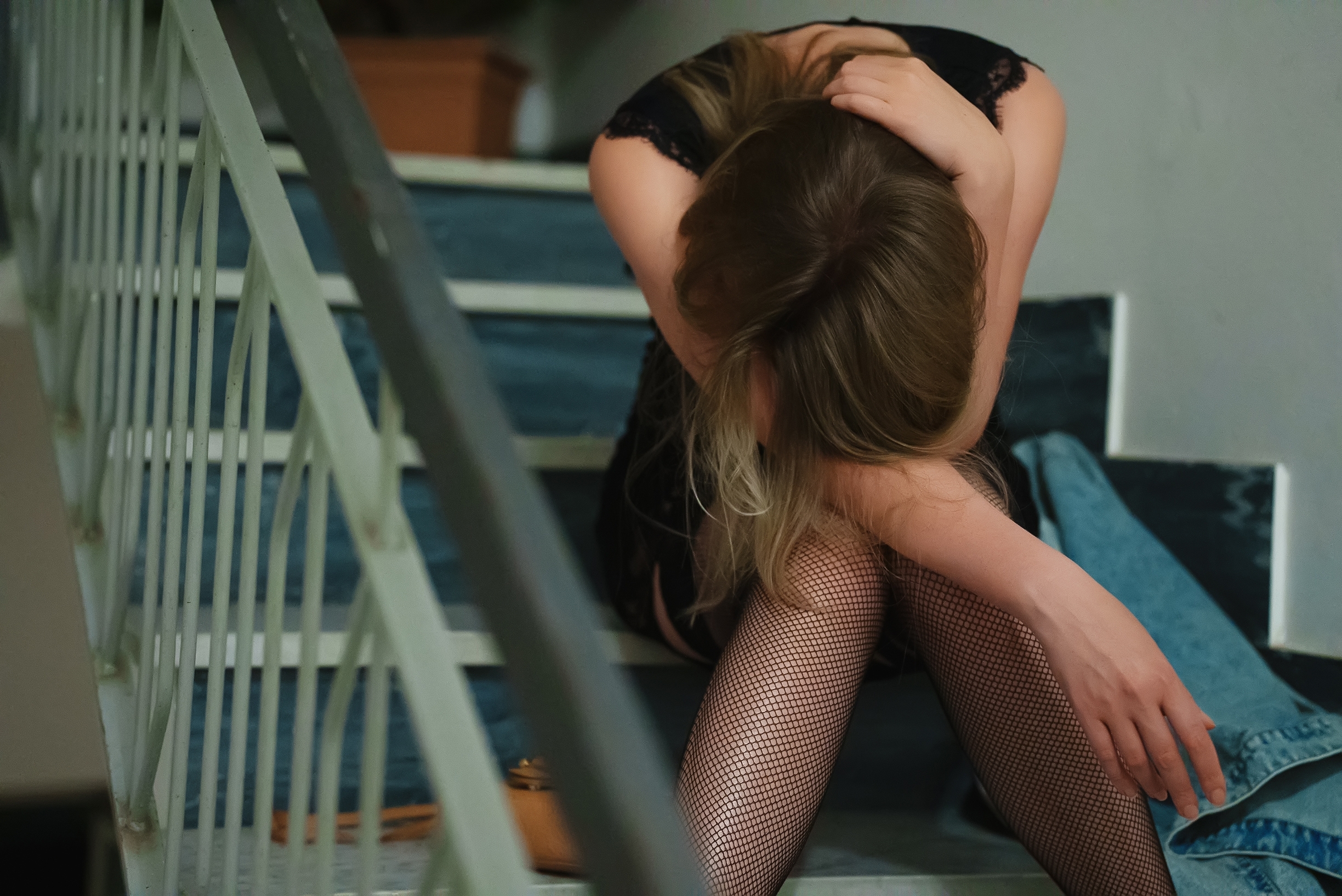Books & Culture
The Hollywood of the Self
Catherine Lacey on celebrity culture and the performance of love

Catherine Lacey’s second novel is called The Answers, but it is a book composed of questions — questions about who we are as a society, how people operate in relationships both romantic and platonic, and how little this world makes sense to someone who isn’t inundated with its idiosyncrasies.

I read Lacey’s first novel, Nobody is Ever Missing, when I was looking for answers of my own — on the cusp of leaving California for New York, wondering if the things I hoped the city would bring me were possible realities or figments of my imagination. Reading the novel and preparing to interview Lacey felt like a surreal arrival, as the book satirizes many aspects of New York culture that I’ve come to accept as the fabric of life here. This sense of communion with the novel quickly turned contemplative and melancholy; the narrator, Mary, expresses a quiet disbelief in love and a perpetual confusion at culture and society that destabilizes our commonly held conventions of what constitutes appropriate social behavior.
Mary hopes to undergo an expensive series of appointments for her undiagnosed crippling pain, but must find the capital to pay for the strange treatments. She responds to a brief ad posted on the bulletin board of a health food store, and begins a series of interviews for an undisclosed position. The job ends up being a sort of role playing: a famous actor is conducting an experiment in which multiple women perform the separate roles of a partner for him: intimacy girlfriend, anger girlfriend, intellectual girlfriend, maternal girlfriend. Mary is hired as the ‘emotional girlfriend,’ tasked with enacting a timeline of relationship landmarks: trading keys, saying I love you. The book delves into the perspectives of the actor, his devoted assistant, and the anger girlfriend, creating a constellation of ideas about gender relations, celebrity, and the performance of love.
The Answers calls out the fundamental absurdity of modern society and makes us question our continued participation in its psychodrama, as we watch the book’s narrator learn how to survive in a world she can’t quite grasp or understand. Lacey and I spoke on the phone about bartering for healthcare, the Hollywood of the self, and the similarities between modern dating and buying a house.
Rebecca Schuh: Mary’s story begins with her undiagnosed pain, she describes the body as “a sack of skin full of problems.” The body becomes an essential theme of the novel, the lengths we’ll go to protect our bodies, and how that governs our decisions. Can you talk about the role that the body played in constructing the narrative?
Catherine Lacey: There was a point when I was writing my first book where I realized that when I was most effective at inhabiting the voice of the narrator, I had a different posture, an uncomfortable posture, and it was only from this uncomfortable place that I could write that first narrator, Elyria. When I was working on The Answers, at one point I started going to a boxing gym. The character Ashley really came out of boxing. When I was writing her scenes, I felt more aware of her voice and her history while I was being that kind of active.
RS: “Having a body doesn’t give you the right to have one that works properly, having a body doesn’t give you any rights at all” — that quote, alas, reminded me of the current healthcare fiasco, were you thinking at all about the governance of bodies and health while you worked on the novel?
CL: I didn’t set out to write a book about medical debt or healthcare, and it didn’t end up becoming that entirely. While I was working on it I was having to pay for my own health insurance, and it felt like betting against yourself. It didn’t cover anything that I was actually doing that was proactive for my health. I didn’t have the intention to write some sort of critique of that, but whatever is tangibly happening in my life tends to affect what I’m working on, just by default.
I have back pain, because I have scoliosis. I was trying to be proactive in doing something about it, so I started doing acupuncture, and somebody told me about rolfing. I couldn’t afford it, it’s very expensive per session. I was really into bartering, I mean I’m still into bartering, but I was basically living in New York City by bartering for things, because I just made no money and I was always finding some scrappy way to continue to live in New York. I emailed every rolfer saying like I can tutor your children or clean your house, or paint a wall, anything, as a barter for a session, a series of treatments. Once I did it, I found the process to be really intimate and strange and it did have a positive effect, I don’t have almost any back pain anymore and I’m a half inch taller.
Then I realized, I’m paying 350 dollars a month to a health insurance company from which I’m receiving no benefit whatsoever, my primary care person just like walks into a room and looks at me for ten seconds and leaves and that happens once a year. So it was perplexing, thinking about how people take care of each other, and not just in the medical profession. It made me think about what effect does each person in my life have on me and what effects am I having on them, and why is it that a primary relationship or romantic relationship is the one that we think of as the relationship that you’re in and all the other ones are just like pointless, and we only celebrate the anniversary of our primary relationship. I had never seen those parallels before.
RS: Throughout the novel, we see other characters teaching Mary about modern culture and social cues, she starts out as this kind of identity-less character who has to learn so much about operating late in life. What fascinated about having a narrator who had to learn these basic social and cultural references?
CL: I had this sense that she had come from somewhere else and didn’t really have a family, partially because her relationship with Chandra when I started writing it just felt like a very intense relationship that she had a lot wrapped up in. When you have a character that has so few resources, then you can kind of re-envision the world a little bit. You can use her confused perspective as a way to look at the world in a different way. She didn’t see New York City in the same terms that your average person in New York City would see it. She saw it as all this code and this completely overwhelming puzzle to undo.
The world becomes increasingly bizarre to me. If you’re not plugged in, on Facebook, looking at the internet every day, which I’m not, suddenly there’s all these cultural and social cues that sort of spring out of that world that pretty much everyone is adopting. It’s this series of images and ways that people talk to each other now, that if you take a step back and you aren’t involved in it, the world does start to look very strange. I find most people pretty perplexing.
“The world becomes increasingly bizarre to me. If you’re not plugged in, on Facebook, looking at the internet every day…suddenly there’s all these cultural and social cues that sort of spring out of that world that pretty much everyone is adopting.”
RS: There was a lot of really interesting analysis of celebrity in relation to Kurt, how anyone he meets feels as though they already know him and his over awareness of the self. What was that analysis inspired by?
CL: I think that people treat themselves like celebrities right now. I don’t know very much about actual celebrities but I do know that I think because people are constantly turning their personality into product with social media, we now are just a nation of people who view themselves as celebrities and have some kind of brand to maintain. Even if you’re a person that — you have Facebook or you have a Twitter or whatever but you don’t put anything on it — then that’s your brand. And I used to think that that wasn’t necessarily true, but it is, it’s pretty inescapable because the internet has become this media document that we’re all a part of in some way, whether you want to be or not. So the concern with celebrity is not a direct concern with Hollywood so much as it is the Hollywood of the self right now.
RS: The timeline that Mary is given for the development of her relationship with Kurt seemed like a parody of one of those articles that you read about how this is where you should be in your new relationship, and those always strike me as kind of absurd, but people swear by that specific track. Why do you think people so wedded to that timeline in the face of a new bond?
CL: I guess we just really want order and control. I think maybe that’s something everyone should work on a little bit more because it’s really a lie and it’s a way for people to be controlled, it’s really just you getting on the conveyer belt to procreate, it’s this deep programming, and it doesn’t suit everybody.
On the flip side though, it’s scary to get into a relationship with somebody, it can be intimidating to try and wrap your life up with somebody else, and the possibility they will disappoint you more than anybody else. Certainly if you stay with somebody long enough the little disappointments that can take place in a day between two people, sometimes they’re humungous, the dumbest little things can feel so painful because in your head you have this idea that it’s supposed to be everything for you, and it’s a lie, everybody just kind of gets bamboozled by it all the time.
“The dumbest little things can feel so painful because in your head you have this idea that it’s supposed to be everything for you, and it’s a lie, everybody just kind of gets bamboozled by it all the time.”
I think that there’s a lot about modern dating that’s pretty cowardly and really cruel, where you spend months basically deciding if you can get a better deal. You’re kind of sniffing them out, and they’re sniffing you out, and you’re trying to decide — my partner and I are selling our house right now, and it’s kind of similar to that in that you want to take a bid but that’s not enough and you were holding out for something else.
RS: It’s a very weird and intricate but there’s not a good way to contextualize it because it’s just so strange.
CL: Whether you are in love with somebody I think is pretty clear. If you’re open and receptive and paying attention and you meet somebody who can kind of recognize that in you then it’s great, but it’s just a matter of, that might only be a thing that can exist for a few months because of some circumstance in your life, or “oh I didn’t realize that you actually want to have six children and I want no children.” It’s really two different things, love itself and then the practical stuff of, do your lives fit together? It’s kind of unfortunate really that we live so long because you have time to fuck it up so many times, but the heart and then your life, who you want to be with and who you actually can be with is two different things.
“It’s kind of unfortunate really that we live so long because you have time to fuck it up so many times.”
RS: I thought it was interesting that the name of the novel is The Answers when Mary and the book itself ask so many questions. There were a couple of the questions that I was interested in hearing you respond to. Two resonated with me for whatever reason, the first one being: what is the point of marriage?

CL: Oh god, there’s so many different points, it really depends on the culture you’re in and the situation you find yourself in. Sometimes I think the point of it is to display something about yourself to other people that you want them to believe. Only the problem is that it’s never true about anybody. I’m reading Isadora, this novel by Amelia Gray that just came out, and one character says, I’m gonna fuck up the quote because the book is not in front of me, but it’s about how disappointing she finds weddings to be because they don’t really deliver on eternity, because you’re seeing these people commit this eternal love, and then you know what’s more possible is that it’s not going to be death that takes them apart but it’ll be something else. So there’s that aspect of it, but that’s a pretty cynical aspect, I think it can be something much finer and more subtle than that, between some people. And all this is only relevant to contemporary American culture. Personally, I don’t really need marriage to have a point.
I feel as good as married to my partner because we’re just completely committed to each other, we live together, we met and basically just immediately moved in, and we were always just gung ho. And I’ve been very hesitant to involve the state in my personal life. I have a lot of reasons to be suspicious of it, I do think about if he ever got sick, but that’s really the only thing to me.
RS: The other question that Mary asks that stuck out to me is, what is happening in the brains of a happy couple and how can we know if they are actually happy?
CL: I guess you can’t know. Limerence is the word for it, but in some ways that early state of falling in love is more about sort of projecting things into the future and observing yourself observing somebody and it’s less about actual duty to someone and real love. It’s more about the excitement of discovery and seeing the world in a slightly different way because now you’re now opened up to seeing the world differently than you used to, and it’s this effusive kind of wild state, but that’s very different than taking care of someone and being able to see all their less great qualities and showing them all your less great qualities.
RS: There’s a scene where Mary and Kurt have their first date at the bar where they make the cocktail based on what they think you need from your mood, and it struck me as a great parody. I found a lot of instances of that cultural parody in the novel, was that intentional?
CL: I guess there’s some aspects of it that are kind of satirical, but, it’s funny because I haven’t really done much of that before, it was only after I’d written some stuff that I kind of realized that’s what I was doing. That bar, I feel like that’s just years of New York sort of worming their way into the situation there.
I was traveling in Japan with my partner and we were in a small town and he saw this unmarked door and it was a bar and so we went in there to have a drink. We didn’t speak any Japanese and the bartender didn’t speak any English, it was this completely ageless handsome impeccably dressed man, and the bar was completely empty, and he served us little bits of sake, through miming and pointing at things, we established a way to communicate with him where basically he was going to pour us some sake and when we finished he would give us more or wouldn’t and I felt like I had stepped into something I had already imagined.
For a little while I wrote for Blackbook online for weird food experiences, like somehow I got on this beat of like fancy food pop up restaurants and shit, I don’t know how it happened. That was while I was super poor, I was on food stamps, and then I’d get to go have this extremely fancy meal for which I was being paid seventy five dollars to write about, and everyone there was paying hundreds of dollars to be there and I was just trying to pass. Like put on my one good dress and just try and act like you belong there. So I think maybe that had some effect on that scene or that aspect of the book, Mary sort of inhabiting this New York world and not really knowing how to do it.
Why People Don’t Like “I Love Dick” (Hint: Because It’s About Women)









